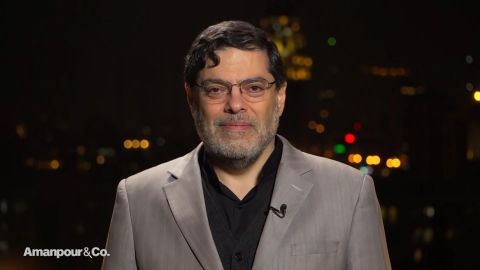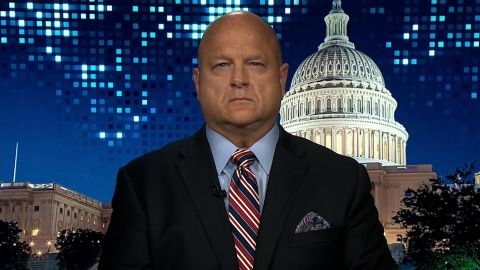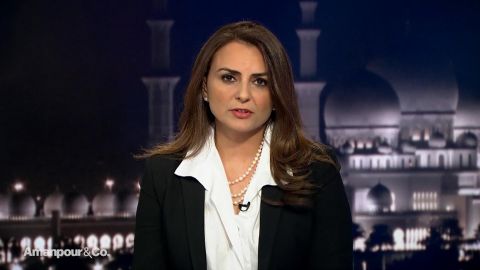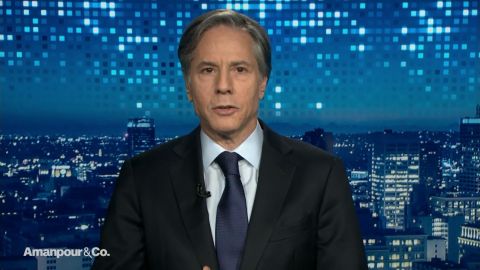Read Transcript EXPAND
CHRISTIANE AMANPOUR: Let me just ask you to give me your sense of where Iran and the United States are at this moment, given this apparent end to the current tit-for-tat military cycle.
TONY BLINKEN, FORMER U.S. DEPUTY SECRETARY OF STATE: Well, Christiane, what is encouraging is that there does seem to be on both sides a desire to de-escalate and we see that through the comments from Javad Zarif, the Iranian foreign minister, and to some extent at least, the comments from President Trump this morning. So, that’s a good thing. And I’m also very thankful that no Americans were killed in the missile attack on our bases in Iraq. But when I step back and look at where we are vs. where we were a week ago, before all of this, I think that, from the perspective of American interests, we’re in a much worse place, and this has been a strategic setback. If you think about our core interests, first that Iran not get a nuclear weapon, well, as a result of the president tearing up the nuclear agreement, and accelerated by the events of the last week, Iran now considers all restraints that it negotiated off, and it can pursue the program that we stopped, we meaning Obama/Biden administration. Second, we have a profound interest in continuing to stamp out ISIL, or Da’esh, and what remains of it. And yet now the forces that we have in place to do that, a small number, but very critical, in Iraq and in Syria, are busy protecting themselves, instead of prosecuting the mission against ISIL. That means ISIL will have a window, an opportunity to regenerate, and all the more so if we’re actually forced to leave Iraq. We want to make sure that Americans are safe or safer. The administration said the action against Soleimani made them safer. In the very next breath, it told Americans to leave Iraq, and embassies throughout the region have warned American citizens that danger is now increased for them. We have a profound interest in making sure that we’re focused on the big strategic challenges we face in an adversary, Russia, and a strategic competitor, China. Well, both of them are thrilled at the prospect of us getting re-embroiled in a conflict in the Middle East. And, by the way, the president has talked about ending forever wars, which would be a good thing. He’s now increased our troop presence in the region by 18,000 in recent months. And so if you step back and look at all of those interests, we’re in a worse place than we were before all of this. And it goes back, in my judgment, at least, to the original sin of the president tearing up the Iran nuclear agreement that was working, and unleashing a chain of events that have brought us to today.
About This Episode EXPAND
In the wake of Iranian attacks on U.S. bases in Iraq, Christiane gains insight on the current geopolitical state of affairs from David Urban, Mohammad Marandi, Antony Blinken and Mina Al-Oraibi.
LEARN MORE



